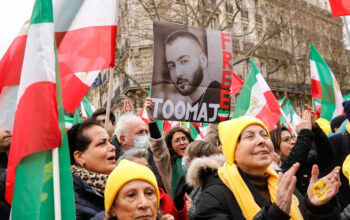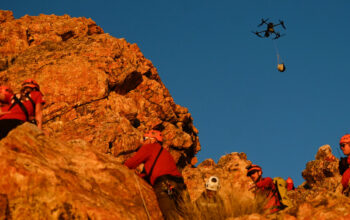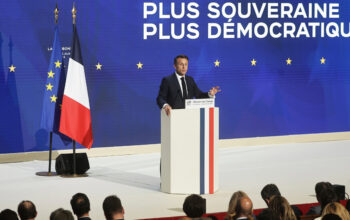
For the younger generation, concerned, like the German Greens, with the environment and focused on human rights and gender and racial equality, “this is 19th-century policy erupting and crashing into their 21st-century concerns,” he said.
In the larger sense, Mr. Ricketts said, the conflict reminds Europeans of the importance of NATO and of American leadership in the trans-Atlantic alliance. “Faith in talking to Russia rather than deterring will be severely damaged by this,’’ he said.
A major Russian military action would bring about more military spending, push NATO to increase troop deployments closer to Russia, “deepen the chasm between Russia and the West and push Russia more into the hands of China and the renminbi zone, with Russia a small partner,’’ Mr. Ricketts said.
Already NATO countries, including Britain, France, Germany and the United States, have moved troops, aircraft and ships to shore up member states from Poland and the Baltics to Romania, with France offering a more permanent deployment in Romania. Those deployments may last for some time.
There are “some long-term consequences, some long-term deterioration of the security environment in Europe from this significant Russian military buildup, the threatening rhetoric,’’ Jens Stoltenberg, NATO’s secretary-general, said as defense ministers gathered in Brussels. “I regret to say that this is the new normal in Europe.’
There will also be new debate about the push by Emmanuel Macron, the French president, for European strategic autonomy and resilience. A European security crisis where the European Union has little to add beyond the threat of sanctions troubles many. But there is no easy or quick answer, suggested Robin Niblett, director of Chatham House.



